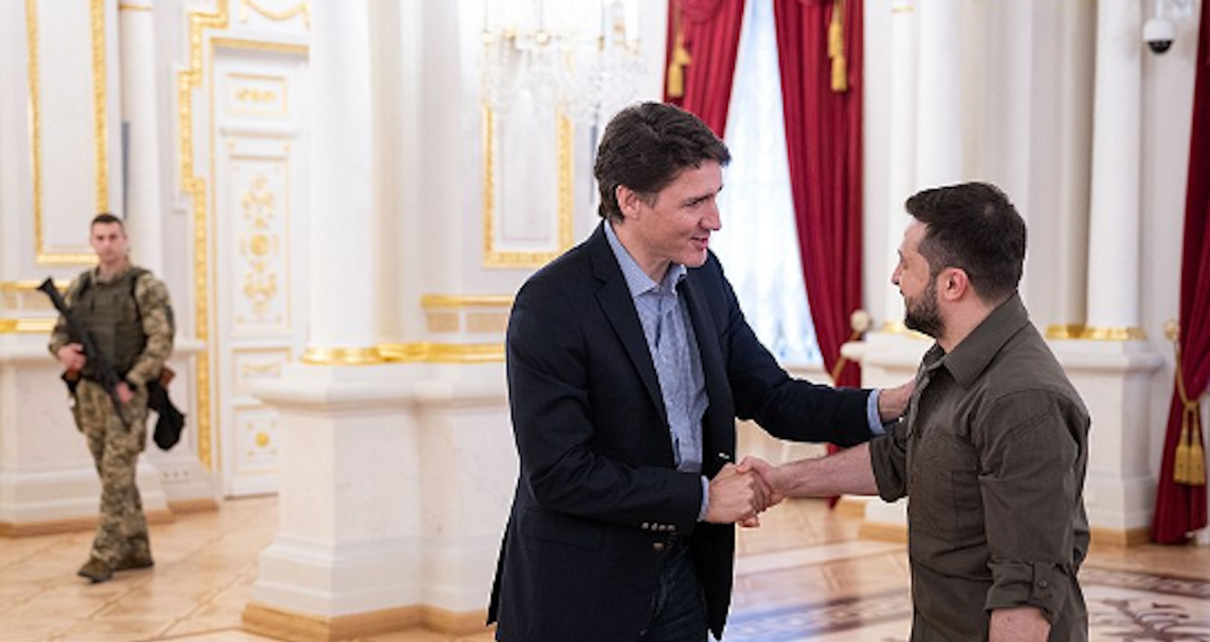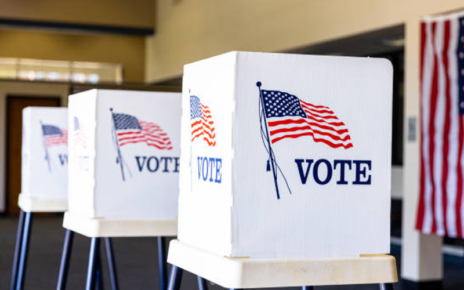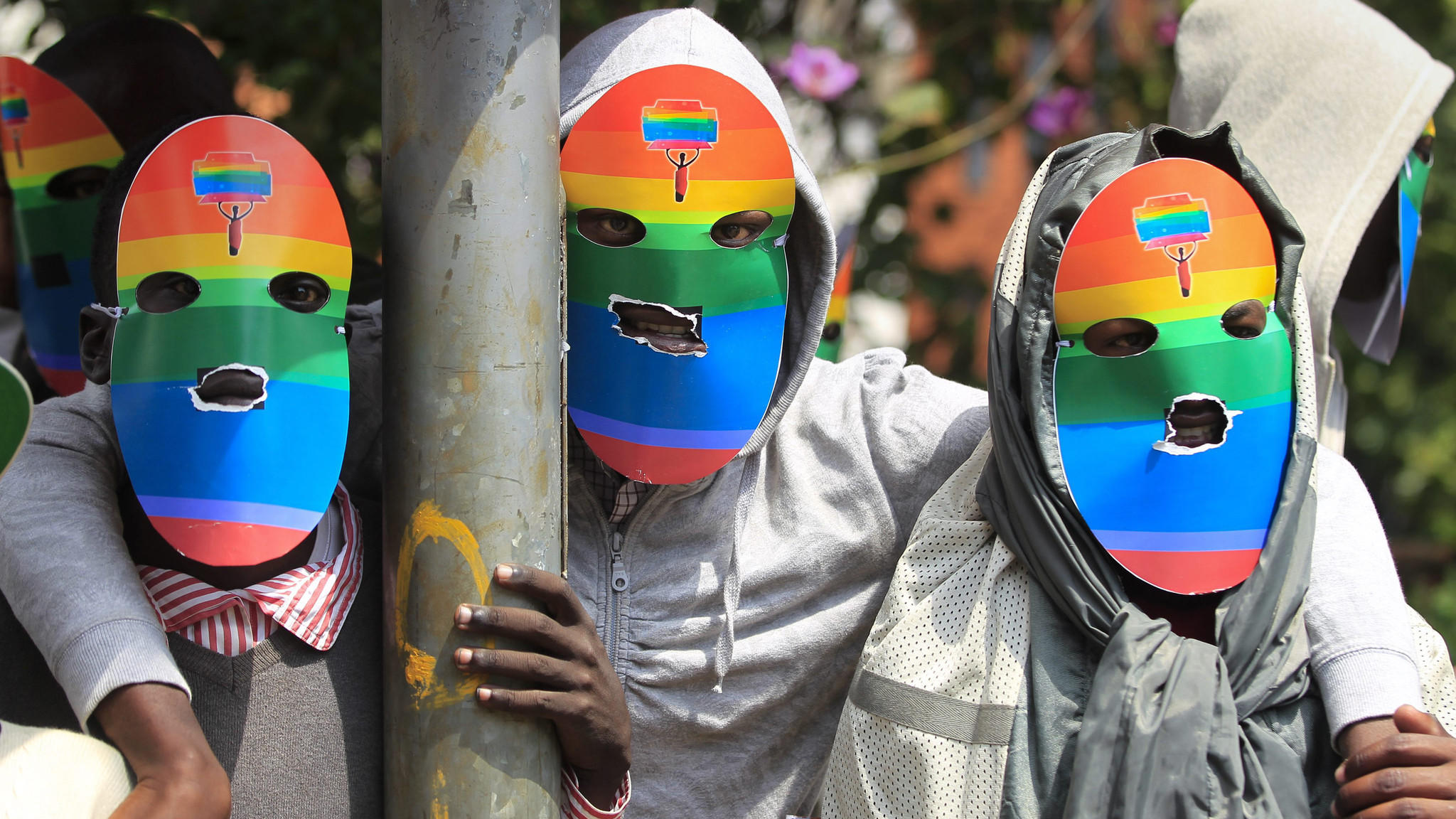Prime Minister Justin Trudeau had expressed concern that the risk of direct involvement by NATO forces in the ongoing conflict between Russia and Ukraine threatened to escalate tensions and lead to a wider conflict with Russia. However, since then, he has committed Canada to bolstering Ukraine’s war effort. This raises the complex issue of whether Canada should increase defence spending in addition to assisting Ukraine, and prompts critical queries about Canada’s national security priorities and capabilities.
Some Allied defence analysts counter that static military spending could undermine their countries’ operational readiness, leaving them more vulnerable to threats similar to those they faced during the Cold War. The current geopolitical landscape, including the Russo-Ukrainian war and the potential for a new Cold War, has raised concerns about Canada’s national security, in particular. As a member of NATO, Canada has treaty obligations that expose it to a wide range of dangers, including cyberattacks, espionage, and military aggression.
Despite the collapse of the Soviet Union, NATO has remained a key player in global security, with an enduring mission to promote peace and stability in the Euro-Atlantic region. Therefore, it is important to consider the potential for a military attack on Canada and its implications for NATO, or an attack on a NATO ally and its repercussions for Canada. For instance, a plausible scenario could involve a border dispute between Canada and a rival regional state that escalates to armed conflict. Regardless of the unlikelihood of such an attack, Canada should exercise caution and take the necessary proactive measures to protect itself from such a contingency.
Vladimir Putin has shown a desire to increase Russian influence and control over Ukraine; he has expressed similar designs in the Arctic. His sabre-rattling to Canada and other Western nations can be seen as a sign of his confidence and reckless disregard for the possible repercussions of military adventurism. Russia’s actions in Ukraine, according to some experts, are part of a larger strategy to reassert Russian influence in the region and beyond. This includes efforts to weaken NATO and the European Union while strengthening ties with countries like China and Iran.
Western policymakers should be ready for the possibility of the conflict spreading to other nations if the crisis in Ukraine significantly worsens. This could have serious repercussions, especially for nations that are ill-equipped to handle the situation. Canada, in particular, may require support from NATO allies such as the United States to adequately respond to such threats. The removal of the Air Defence Anti-Tank System (ADATS) under the Harper government, for example, has reduced the country’s air defence capabilities, including for those forces currently stationed in Latvia.
The decision to retire the ADATS system comes at a time when global security threats are increasing, prompting NATO to increase defence spending and modernize conventional force capabilities, not scale them down. The retirement of the ADATS system raises concerns about Canada’s commitment to collective defence and its potential implications for the defence of the North American continent. It suggests a shift in policy that may indicate a blithe willingness to outsource Canadian defence responsibilities to the United States, consequently burdening the United States with the majority of the costs. This decision raises questions about Canada’s ability to actively contribute to NATO’s efforts in promoting regional peace and stability, as well as its long-standing commitment to the collective security of the alliance. In a countervailing move, however, Canada has recently purchased dozens of F-35 fighter jets from the United States in response to various security concerns, including China’s increasing assertiveness in the Indo-Pacific region and Russia’s invasion of Ukraine.
Although Canada, as a NATO member, has a responsibility to help resolve the Ukrainian crisis, this can come at a high financial cost. To reduce this burden, Canada can work with other countries and international governmental organizations (IGOs) to coordinate spending for crisis resolution. Cooperation can occur through multilateral partnerships, such as those of the European Union, which has been actively involved in helping Ukraine resist Russian aggression. Other IGOs, such as the United Nations (UN), have also been actively involved in resolving the crisis. This idea is primarily based on overarching norms of international cooperation and cost-sharing, which are successful in addressing problems with global security and lowering costs for individual nations.
By leveraging its position as a UN member, Canada can collaborate with other countries and support the organization’s efforts to achieve a Russian withdrawal from Ukraine. This can include participating in peacekeeping missions, providing humanitarian aid to conflict-affected regions, and facilitating diplomatic talks among nations involved in disputes. By actively participating and fostering cooperation within the UN framework, Canada can effectively contribute to global peace and security.
As Canada grapples with the complexities of the ongoing conflict between Russia and Ukraine, it must carefully consider the implications of its defence decisions and prioritize a comprehensive national security approach. To navigate the changing global security landscape, it is critical to balance defence spending, international cooperation, and strategic alliances. Canada’s NATO commitment should be supplemented by a forward-thinking strategy that includes diplomatic efforts, technological advancements, and a proactive approach to addressing emerging threats. By doing so, Canada can establish itself as a responsible global actor, protect its national interests, and help to make the world a safer and more peaceful place.
Photo: “Meeting of the President of Ukraine with the Prime Minister of Canada” (2022), by PRESIDENT OF THE UKRAINE VOLODYMYR ZELENSKYY Official Website via Wikipedia Commons. Licensed under CC BY 4.0.
Disclaimer: Any views or opinions expressed in articles are solely those of the authors and do not necessarily represent the views of the NATO Association of Canada.




